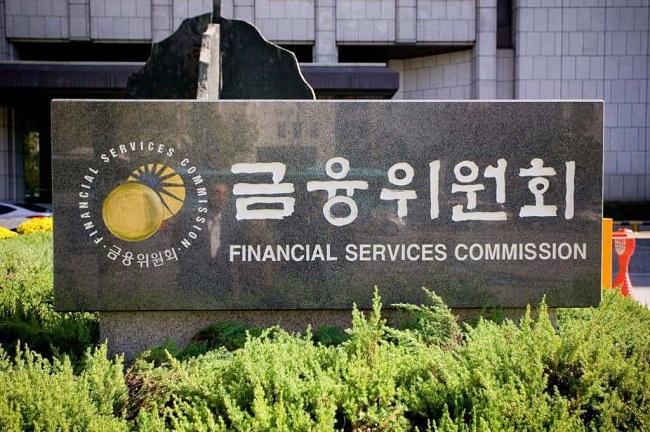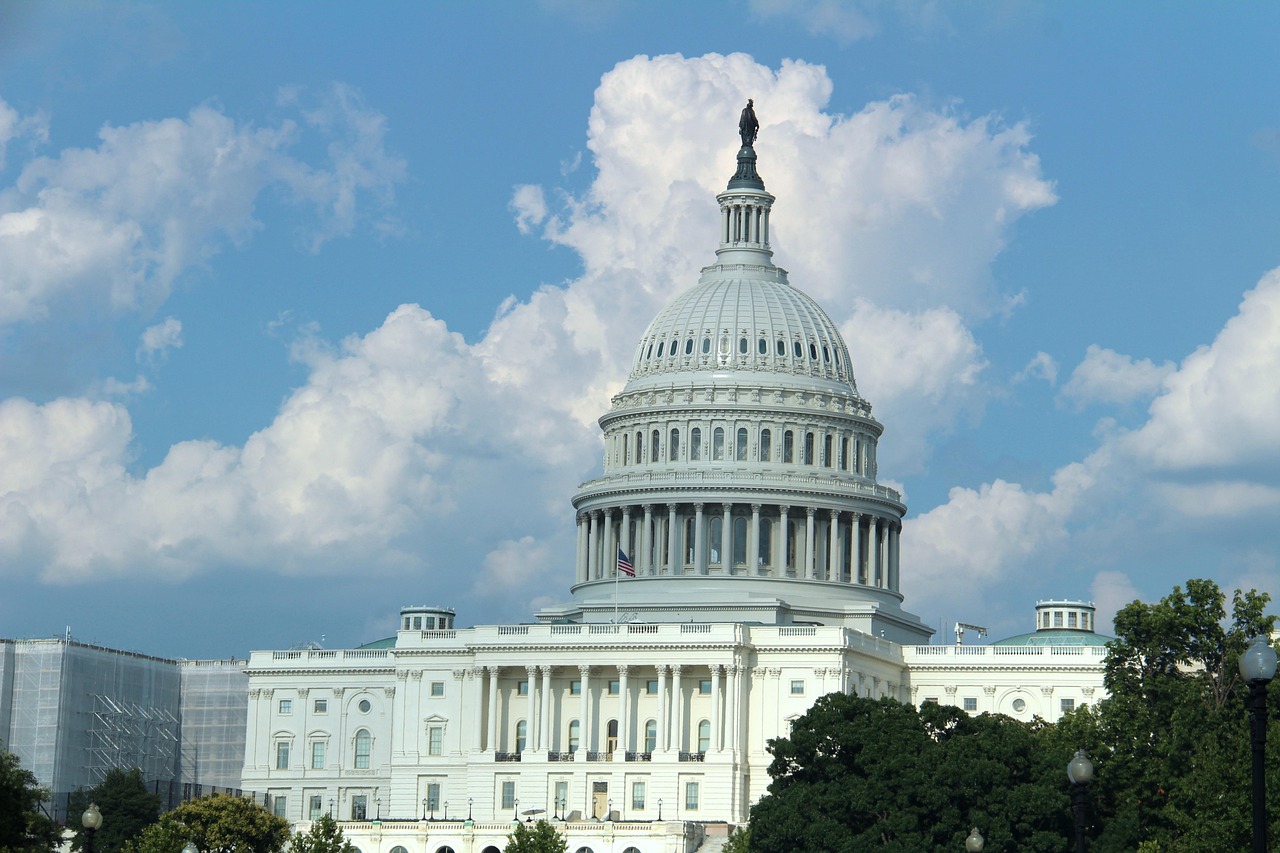South Korea’s Financial Services Commission (FSC) has proposed a plan to establish an open banking system which would grant fintech firms access to banks’ payment network.
The existing financial payment network has a closed system which could only be accessed by banks.
In an announcement dated February 25, the FSC said that it is seeking to encourage the development of new payment services and greater competition in the financial sector. On these lines, it has proposed to make the transition to an open system in a phased manner.
The first phase will see banks’ voluntary agreement on the open banking system. This would involve opening of the banks’ payment network to all fintech payment service providers as well as other banks. As a result, customers would be able to use a single application to access their accounts at different banks and make payments.
“Banks will finalize details about their voluntary agreement on the open banking system in the first half of 2019 (scheduled to be in a full operation in 2019),” it said.
In the second phase, the FSC will propose amendments to the Electronic Financial Transaction Act to provide clear legal grounds for the open banking system. It said that it will submit its proposal to amend the act in the third quarter of 2019.
“Under the new regulatory framework, licenses on electronic financial business will be granted on a business-function basis, rather than a business-sector basis, to better reflect diversification of payment services sector –e.g. payment initiation service provider (PISP) and E-money business providers,” it said.
In the third phase, the regulator said that it will consider allowing qualified fintech payment service providers direct access to the payment system without relying on banks’ services.
The country’s National Assembly passed legislation called the Financial Innovation Support Act in late 2018, which will come into effect in March 2019. The FSC plans to launch a financial regulatory sandbox in April 2019, allowing fintech companies to test their innovative services with regulatory exemptions for a certain period of time.


























Comment 0